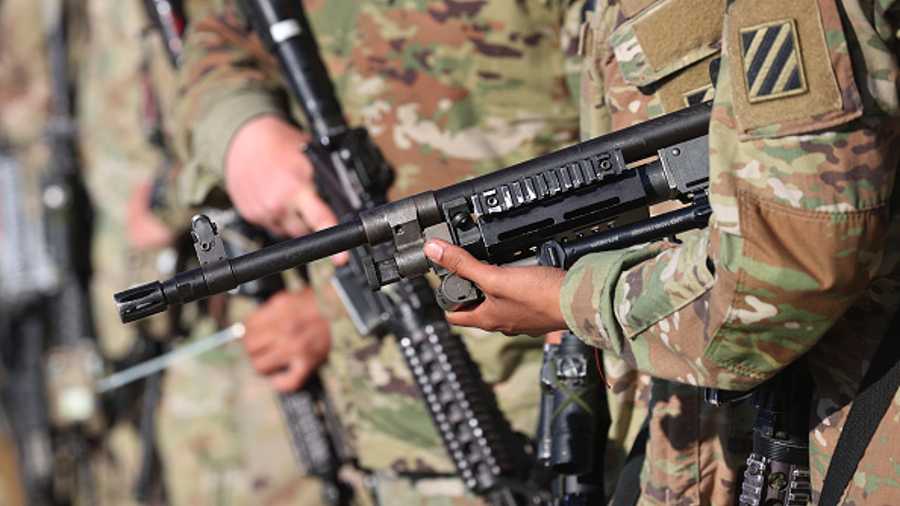Igor Tudoran spent just 12 hours inside the Gaza Strip before a missile slammed into his tank, leaving him with a life-altering injury.
“Already within the tank, I understood from the condition of my leg that I would lose it. But the question was how much of it will I lose,” he said, seated on a bed in the hospital where he has been treated since he was wounded last month.
Tudoran, 27, a reservist who volunteered for duty after the October 7 attack on southern Israel by Hamas that triggered the war, lost his right leg beneath the hip. He has kept up a positive attitude — but concedes that his hopes of becoming an electrician may no longer be possible.
Tudoran is part of a swelling number of wounded Israeli fighters, yet another sizeable and deeply traumatised segment of Israeli society whose struggles are emerging as a hidden cost of the war that will be felt acutely for years to come. Given the large numbers of wounded, advocates worry the country is not prepared to address their needs.
“I have never seen a scope like this and an intensity like this,” said Edan Kleiman, who heads Disabled Veterans Organisation, which advocates for more than 50,000 soldiers wounded in this and earlier conflicts. “We must rehabilitate these people,” he said.
Israel’s defence ministry says roughly 3,000 members of the country’s security forces have been wounded since Hamas militants stormed into southern Israel on October 7, killing 1,200 people, mostly civilians, and taking 240 people hostage.
Nearly 900 of those are soldiers wounded since Israel began its ground offensive in late October, in which troops have engaged in close combat with Hamas militants. More than 160 soldiers have been killed since the ground operation began.
“They add up,” said Yagil Levy, who teaches civil-military relations at Israel’s Open University, of the wounded. “There could be a long-term impact if we see a big rate of people with disabilities that Israel must rehabilitate, which can produce economic issues as well as social issues.”
The war has also brought unprecedented suffering to Palestinians in Gaza, where more than 21,000 have been killed, close to 55,000 wounded and amputations have become commonplace. Most of the tiny enclave’s population has been displaced.
Israelis still largely stand behind the war’s objectives and it is mostly seen as an existential battle meant to restore a sense of security lost in Hamas’ attacks. The country’s mainstream media hardly cover the hardship endured by Palestinians.
In a country with compulsory military service for most Jews, the fate of soldiers is a sensitive and emotional topic.










